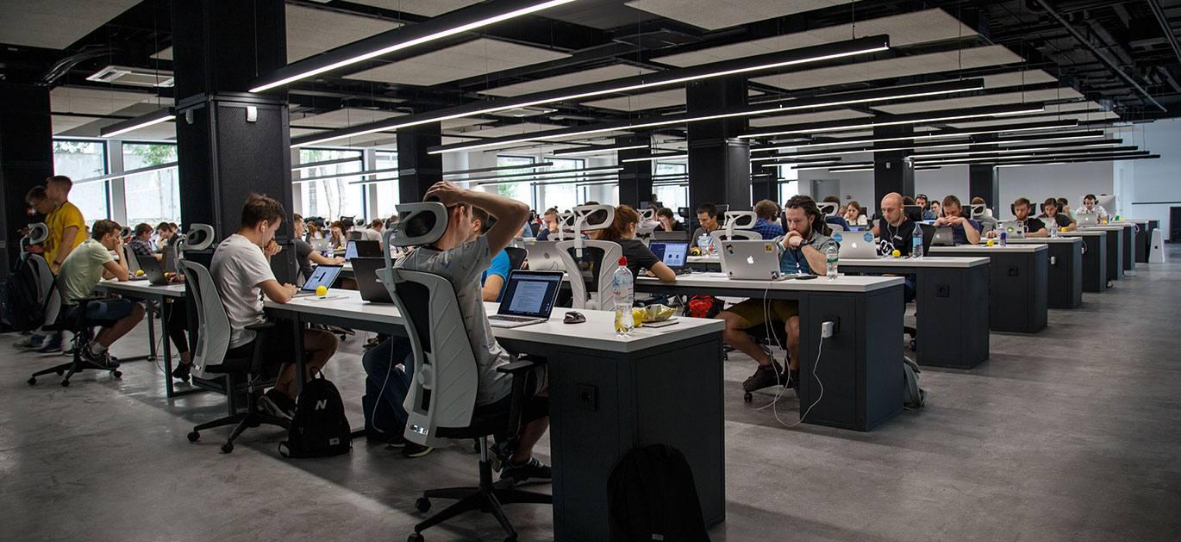
Four software house myths that (some) people still believe in
It is about time to disprove them.

It is about time to disprove them.
Many people are still afraid of cooperation with a software house. Most of those “fears” are related to safety, costs and quality of work. However, most of them are based on myths and beliefs that have little to do with reality, that is why we decided to explain the most common ones.
It does not work that way. Of course, we can’t vouch for all software development companies and some may be less honest than others. Anyway, you can easily reduce the risk in 2 simple steps. At first, choose only from proven software houses with customers’ reviews and case studies. You can find them on Clutch.co. Secondly, ask for a Non-disclosure agreement (NDA). You could sign it even before the first call or shake hands and it will guarantee the legal protection of all information, data, ideas etc. during the cooperation. The NDA is a standard, commonly used solution and if the software house you have chosen refuses to sign it, think twice.
Of course, it has it’s pros, but you should ask yourself one question. Do I really need my own developers team? In case of long term, years-lasting projects it is good to have in-house specialists, even to coordinate the cooperation with external developers. In most other cases, it makes no sense at all. Let me give you an example. You want a mobile app with creating time estimated for 3 months. It is enough time to find a software house, build and market your app, but not enough to create internal developers team. Finding proper candidates, multi-stage recruitment process, establisihng terms, onboarding etc. takes a lot of time, effort and resources. Few weeks later you are still busy recruiting people while your app exists only „on paper”. Moreover, you need your team only to build one app. What are you going to do with them later? Do not forget, that most developers will refuse your offer when they find out you want to hire them for such a short period of time.
It will! And we have proved it many times. Twenty years ago it may have been an issue. Right now location and different (even very different!) time zones aren’t a problem. We can choose from a wide range of tools for communication and cooperation like Slack, Jira, Trello, Skype (just a few examples from many others). In case of such intercontinental cooperation, a flexible approach is particularly important and you should expect it from the software house you have chosen. The specificity of the project requires daily stand-up’s? This should not be a problem. Do you want to have direct contact with every developer working on your project? You should have this opportunity.
Believe me, involvement in realised projects is a core of software development business. The market will verify those who don’t meet standards, so the lack of commitment will come out very quickly. On the other hand, I think it is much difficult to keep your in-house team (working for years on the same project) motivated, then developers working in a software house. Diversity of projects realizing there gives a developers possibility to develop not only their programming skills but also interests. How do you think, which developer will be more motivated – the one who has been creating an online store for 3 years or the one, who spent the last 12 months developing web applications for a robotics company and creating a platform for one of the biggest players in the logistic sector?
 Hi, I’m Marcin, COO of Applandeo
Hi, I’m Marcin, COO of Applandeo
Are you looking for a tech partner? Searching for a new job? Or do you simply have any feedback that you'd like to share with our team? Whatever brings you to us, we'll do our best to help you. Don't hesitate and drop us a message!
Drop a message